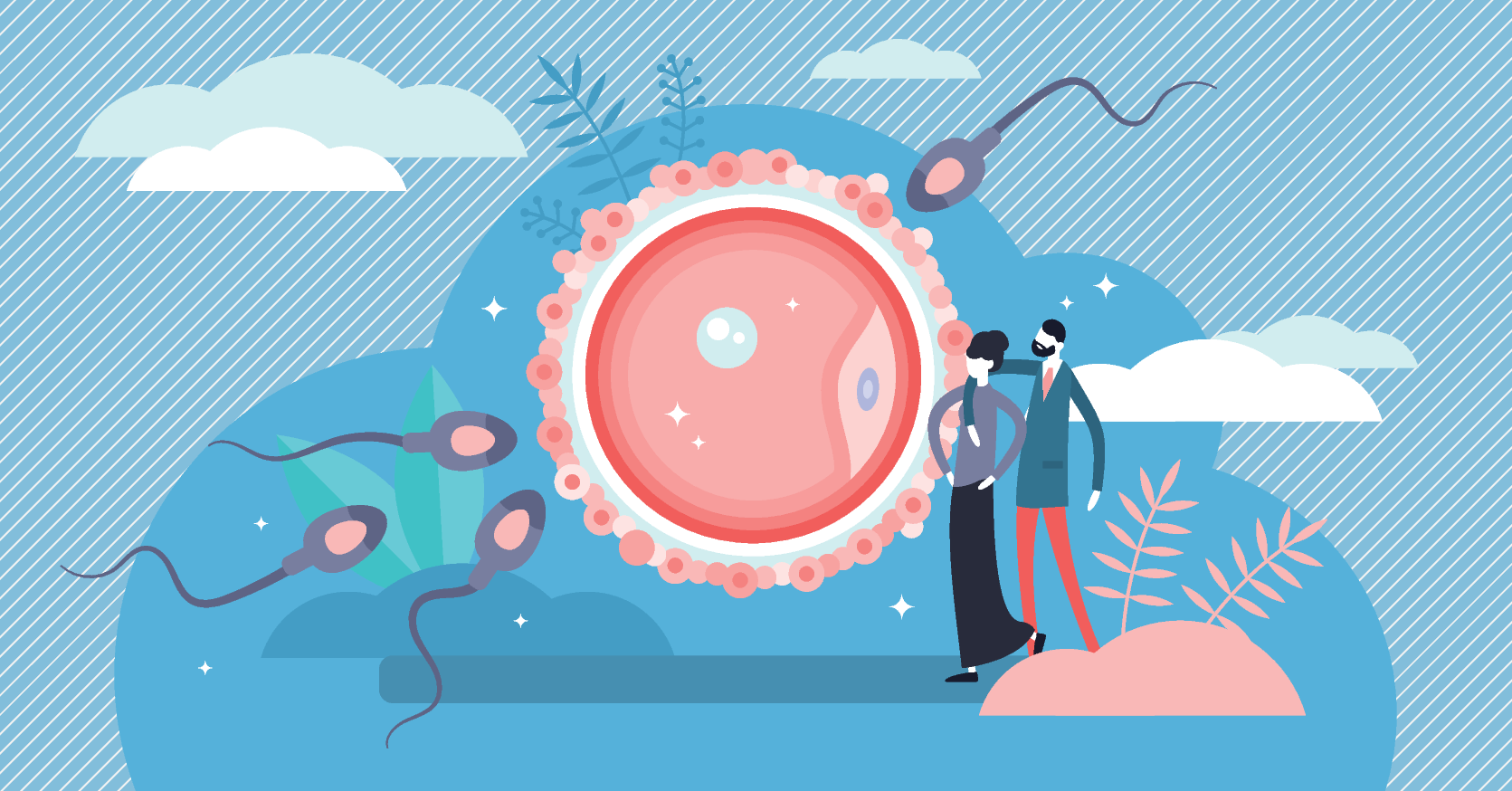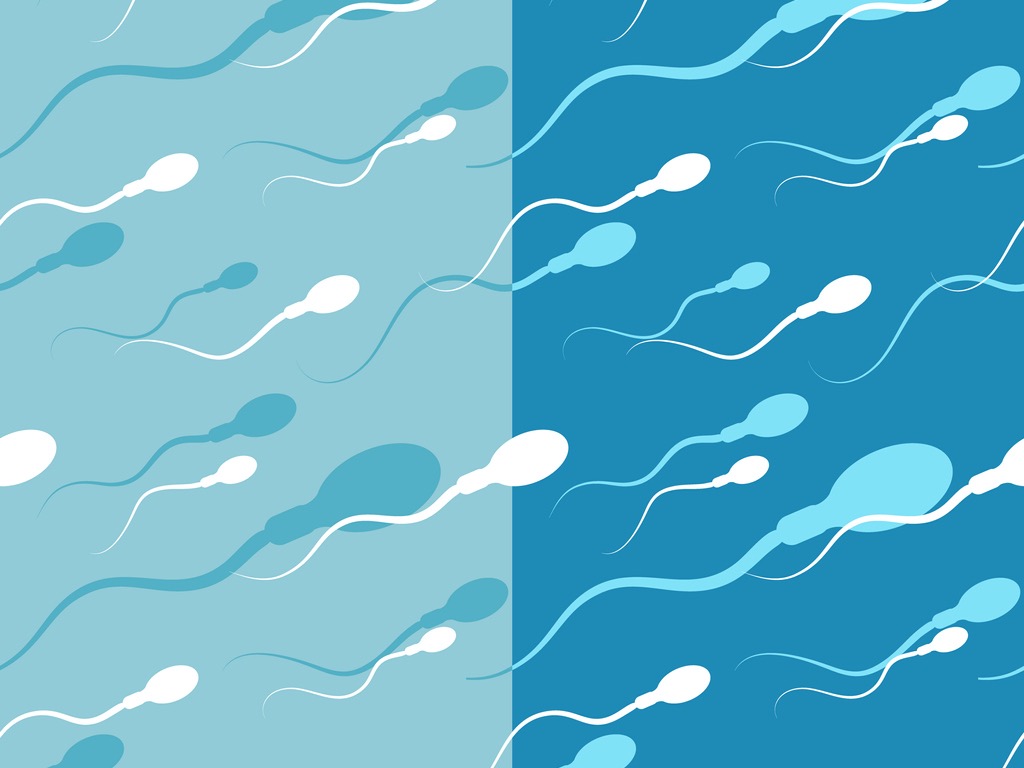*Please note that this information is specific to Canada and does not apply to other countries.
The Assisted Human Reproduction Act (AHRA) was passed in 2004 and last amended in 2020. It lists what assisted reproductive treatments are allowed in Canada.
These sections may have important information for Canadians going through fertility treatment:
- Protections
- The law protects the health of children born by Assisted Reproductive Technologies (ART).
- The law tries to reduce discrimination when accessing treatment.
- Use of reproductive material and restrictions of use
- Sex-selection of embryos is illegal, so you cannot choose the sex of your embryo.
- The only exception is for the prevention, diagnosis, or treatment of a sex-linked disorder or disease.
- Surrogacy
- Surrogacy is when a woman carries a pregnancy for you.
- Payment for surrogacy is not allowed.
- It is illegal to pay someone to arrange for the services of a surrogate mother.
- A surrogate must be at least 21 years old.
- You can pay back the surrogate for some of her expenses. Reimbursement is limited to reasonable expenses directly related to the surrogacy (e.g., over-the-counter drugs, vitamins, nutritional supplements). You may pay for the loss of work-related income, only if a medical professional certifies that the surrogate cannot continue to work because it poses a threat to her health or the unborn baby’s health. Read more about reimbursement related to surrogacy.
- It is best to consult a fertility lawyer before offering any type of reimbursement.
- Click here to read more on the laws related to surrogacy.
- Purchase or sale of gametes and embryos
- It is illegal to purchase sperm or eggs from a donor or someone acting on behalf of a donor.
- It is illegal to purchase, sell, or advertise for the sale of a human embryo.
- The gamete/embryo donor can be reimbursed for expenses that happened during the donation, such as transportation to the clinic. These expenses must have a receipt. Read more about reimbursement related to gamete/embryo donation.
- It is best to consult a fertility lawyer to determine these expenses.
- Donor laws/rights
- Donors of eggs, sperm, or embryos must provide written consent.
- A donor must be at least 18 years old.
- If a donor dies, it is illegal to remove human reproductive material from their body unless the donor gave written consent before death.
- Offence and punishment
- Breaking any of these laws may result in a fine of up to $500,000 and/or up to 10 years in jail.











